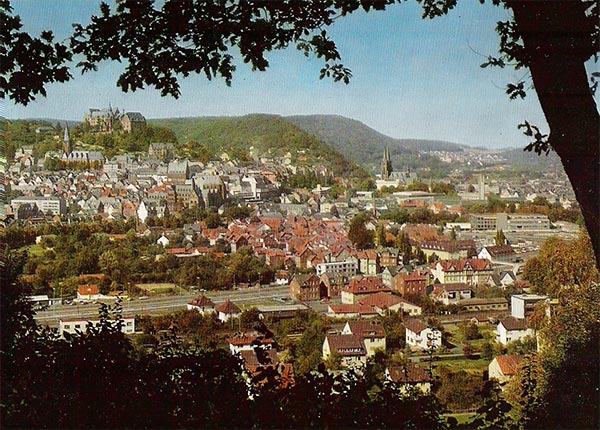Explored Marburg and loitered at various parts of the university where the most influential religious tome of the 20th century
 was published back in 1929,
a few years before its author,
Martin Heidegger
was published back in 1929,
a few years before its author,
Martin Heidegger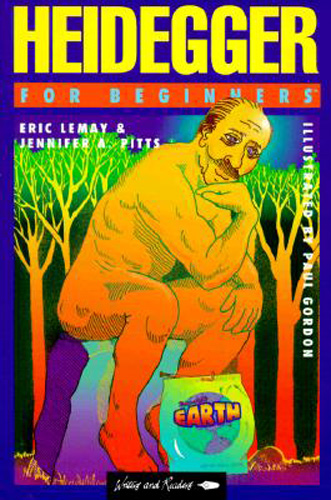 became a Nazi and fired all his Jewish colleagues.
War ich nicht, Heidegger later said.
But this day, I had no thoughts of Heidegger.
He was way too convoluted to read even though I suspected he was trying to say what most Zen Buddhists would like to say.
But Zen Buddhists are wise like
Wittgenstein:
became a Nazi and fired all his Jewish colleagues.
War ich nicht, Heidegger later said.
But this day, I had no thoughts of Heidegger.
He was way too convoluted to read even though I suspected he was trying to say what most Zen Buddhists would like to say.
But Zen Buddhists are wise like
Wittgenstein: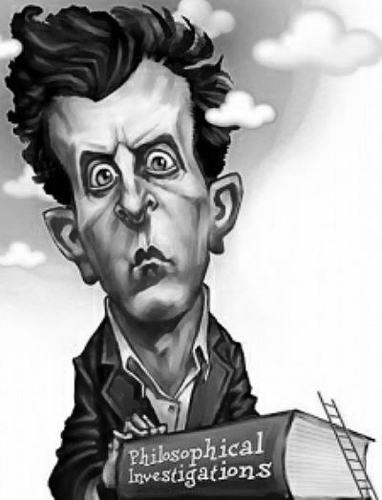
Whereof one cannot speak, thereof one must remain silent.Heidegger was not that wise, and ventured into territory where no one had gone before, or at least not since the Pre-Socratics
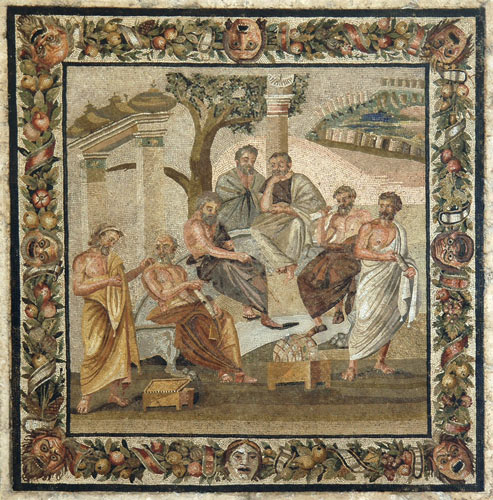 wandered through 2500 years prior.
TIME magazine lists Wittgenstein as the most influential philosopher of the 20th century,
but I would vote for Heidegger simply because he went where Wittgenstein would not.
wandered through 2500 years prior.
TIME magazine lists Wittgenstein as the most influential philosopher of the 20th century,
but I would vote for Heidegger simply because he went where Wittgenstein would not.
Most historians lump Heidegger in with Existentialists like
Sartre,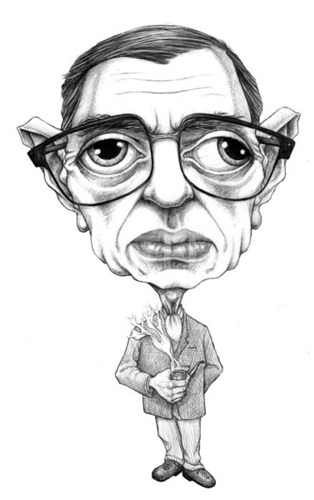 but that's like insisting the
Indian head nickel
but that's like insisting the
Indian head nickel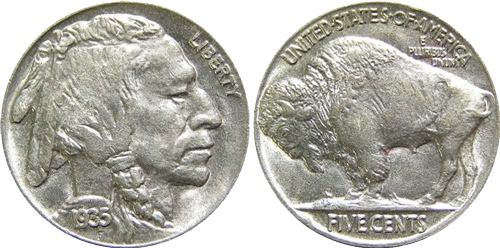 was a one-sided coin.
Unlike the Existentialists who favored the Indian side,
Heidegger was more interested in the buffalo side of the coin, and moreover, where the buffalo roamed, and what that had to do with the Indian.
For him, it was all one coin.
His philosophy was way too big to be limited to the personal perspectives of Existentialists.
was a one-sided coin.
Unlike the Existentialists who favored the Indian side,
Heidegger was more interested in the buffalo side of the coin, and moreover, where the buffalo roamed, and what that had to do with the Indian.
For him, it was all one coin.
His philosophy was way too big to be limited to the personal perspectives of Existentialists.
But Heidegger had a problem. How do you write about Allness and Nothingness? There is this humongous blob we cannot see or touch because it is both out there and in here simultaneously. This blob is only there for us where Inside and Outside cannot be separated. How can we investigate this blob if we cannot detach from it as a scientist detaches from his subject? Science always separates the observer from the observed, the knower from the known. How do we even intuit that the blob is there?
A mystic has the same problem and eventually stops writing and talking about it, substituting instead a life of service to others. Why do we desire so obsessively to write about the ineffable? Heidegger pondered this question also, and eventually he too gave up philosophy, not for a life of service, but for the study of poetry. Something about the self-revealing nature of poetry, as in all art, that comes closer than philosophy to the mysteries of Being.
